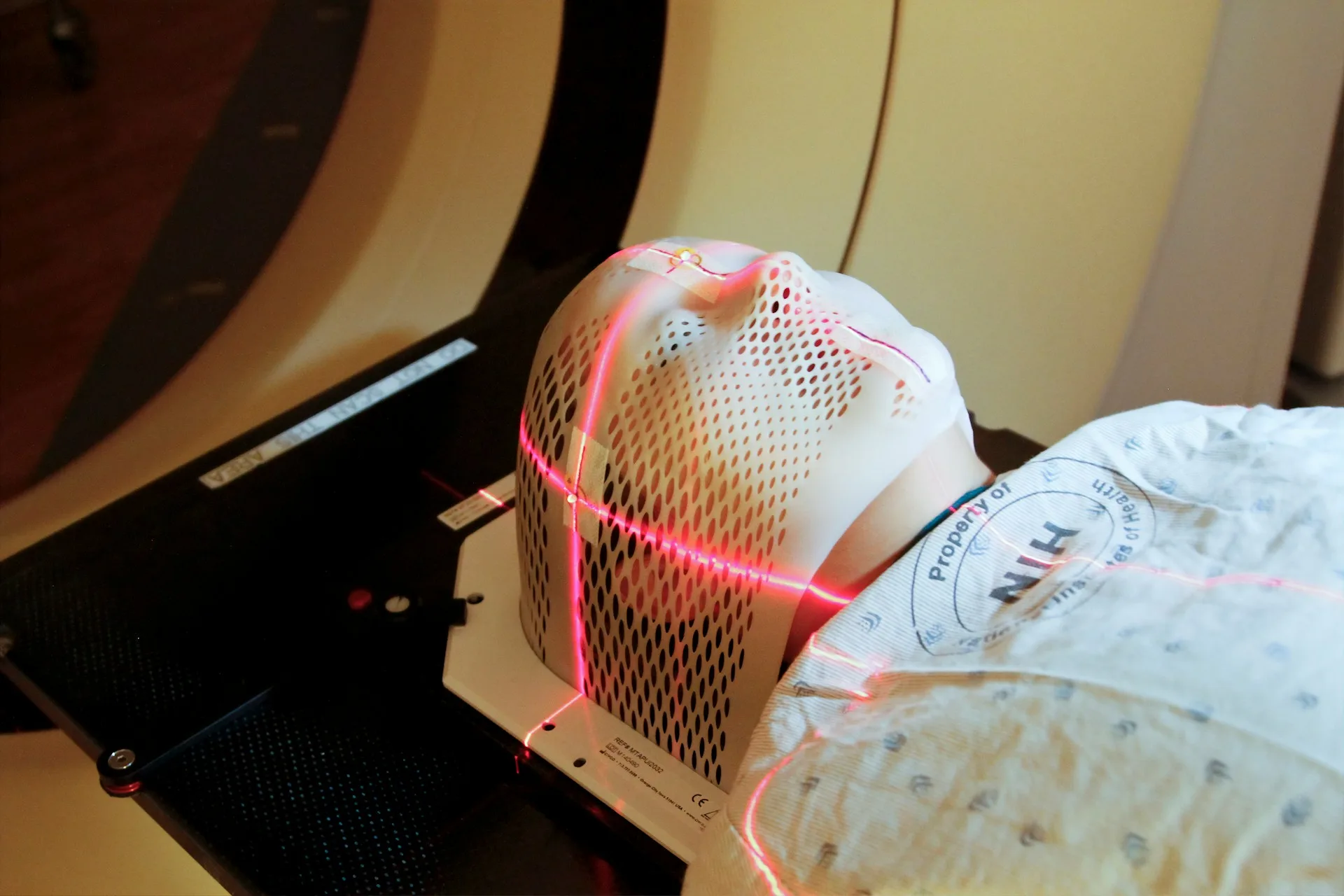HEST is an abbreviation of the English phrase Hostile Environment Surgical Training, which means “Surgical Training in Adverse Conditions”. These are special training programmes designed for medical professionals who work or plan to work in conflict zones, disasters, and other extreme situations.
Read also: Conducting HEST courses in Ukraine: training medical personnel for work in hazardous environments
Why is HEST important?
- Specific skills: HEST courses provide healthcare professionals with the unique skills needed to deliver care in challenging environments where access to medical resources is limited and the risk to life is high.
- Quick response: HEST-trained medics are able to quickly assess the situation, make decisions and provide first aid to victims, even in the absence of standard medical equipment.
- Psychological resilience: In addition to practical skills, HEST courses help to develop the psychological resilience needed to work under stress and uncertainty.
Read also: Updated register of medicines and medical devices for the reimbursement program
What do HEST courses include?
HEST programmes cover a wide range of topics, including:
- Traumatology: First aid for various types of injuries, including gunshot and shrapnel wounds.
- Surgery: Performing surgeries in the field, bleeding control, suturing.
- Anaesthesiology: Pain relief in extreme conditions, resuscitation.
- Medical evacuation: Organising the transport of the wounded.
- Psychological training: Dealing with stress, post-traumatic stress disorders.
Read also: Deputy Chief Coordinator of Médecins Sans Frontières in Ukraine Andriy Slavutskyi: Our task is to support access to decent medicine
Who can take HEST courses?
HEST courses are designed for healthcare professionals of various specialities, including surgeons, anaesthetists, trauma surgeons, and medical volunteers.
Although the courses are primarily intended for healthcare professionals, the range of potential participants is quite wide. Here are some of the categories of people who can take these courses:
- Surgeons: Their skills are particularly important for performing surgeries in the field.
- Traumatologists: They treat injuries that occur most often in extreme situations.
- Anaesthetists: Provide pain relief during operations and other manipulations.
- Therapists: Can provide first aid and perform simple procedures.
- Nurses: They play an important role in providing pre-hospital care, assisting surgeons and organising the work of the medical team.
- Paramedics: These professionals have a wide range of knowledge and skills that allow them to work in a variety of settings.
- Medical volunteers: Amateurs who want to help people and are willing to undergo appropriate training.
- Students of medical institutions: Can participate in courses to gain theoretical knowledge and practical skills.
Read also: Under the “Medevac” program, over 5,000 Ukrainians have been evacuated for treatment abroad
Where can I take HEST courses?
HEST courses are run by a variety of organisations, both public and private. Information about available courses can be found on the websites of medical universities, charities and international humanitarian aid organisations.
Although the specific list of institutions that offer HEST courses may change over time, there are several main areas where you can look for this information:
1. 1. Higher medical education institutions
Many Ukrainian medical universities and academies include HEST modules in their curricula or organise additional courses. These can be either individual modules within the main specialties (e.g. surgery, anaesthesiology) or entire specialised courses.
Why should you choose universities?
- Strong theoretical base: Universities have experienced teaching staff and provide a deep understanding of the theoretical aspects of medicine.
- Practical training: Many universities have their own simulation centres where students can practice their practical skills.
- Up-to-date programmes: Curricula are constantly updated to meet modern requirements.
2. Charitable foundations and public organisations
Many Ukrainian charitable foundations that support the military and civilians in combat zones organise HEST courses for medical volunteers and military medics.
Advantages of studying in foundations:
- Practical orientation: Training is often based on real-life cases and participants’ experiences.
- Flexible format: The ability to tailor the programme to the needs of a specific group.
- Social component: The opportunity to join an important cause and help people.
3. International organisations
Some international organisations, such as the Red Cross and Médecins Sans Frontières, conduct HEST trainings in Ukraine.
Why you should choose international organisations:
- International standards: Training is conducted in accordance with international protocols and standards.
- Experienced instructors: The instructors have extensive experience working in extreme conditions.
- Opportunity for international cooperation: After completing the courses, you can get the opportunity to work in international teams.
4. 4. Private training centres
Some private training centres offer HEST courses. However, before enrolling in such courses, you should carefully check their reputation and the qualifications of their trainers.
What to look for when choosing courses:
- Feedback from participants: Read testimonials from people who have already taken the course.
- The course programme: Check that the programme meets your expectations and covers all the necessary topics.
- Teaching staff: Find out who will be delivering the training and what experience they have.
- Practical component: Find out how much of the course is devoted to practical training.
- Cost: Compare the prices of different courses and choose the best option in terms of value for money.
Read also: The Ministry of Health of Ukraine has approved a list of diseases for the treatment with medical cannabis



